Case Studies
-
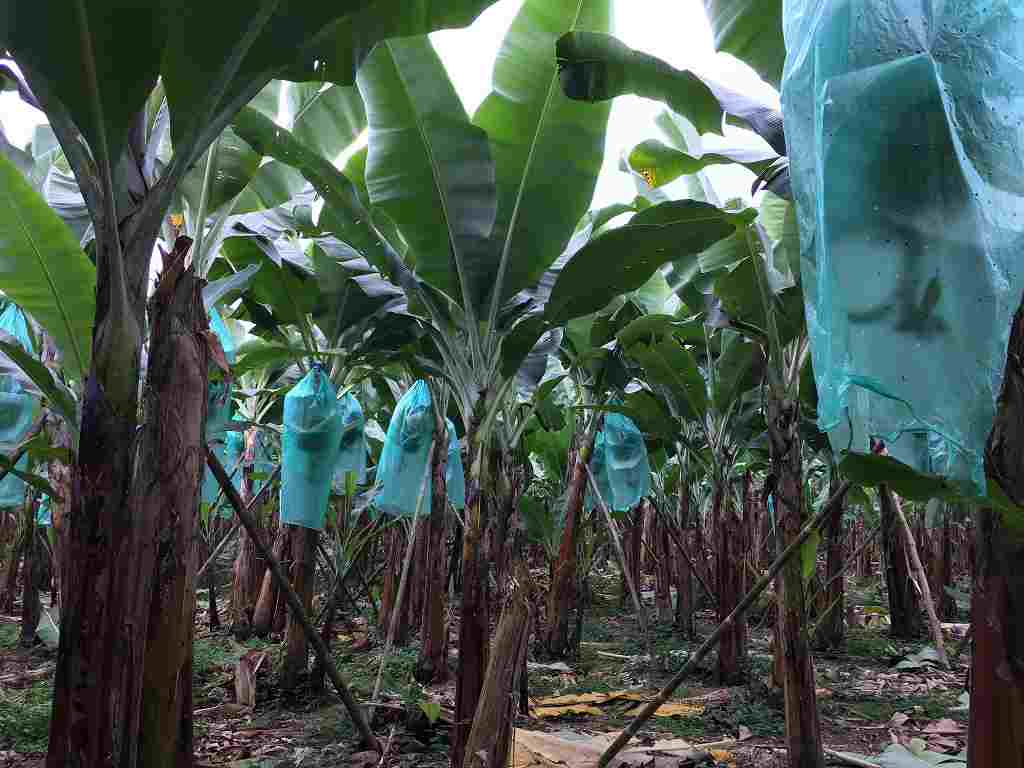
Healthy Roots in Organic Banana Farming
Ecuador
SOLE farm is an organic certified farm in Ecuador finding solutions to Nematode and roots growing.
They introduced EM Technology in a pilot test for 2 months and found a remarkable result in root mass of banana plants. more -
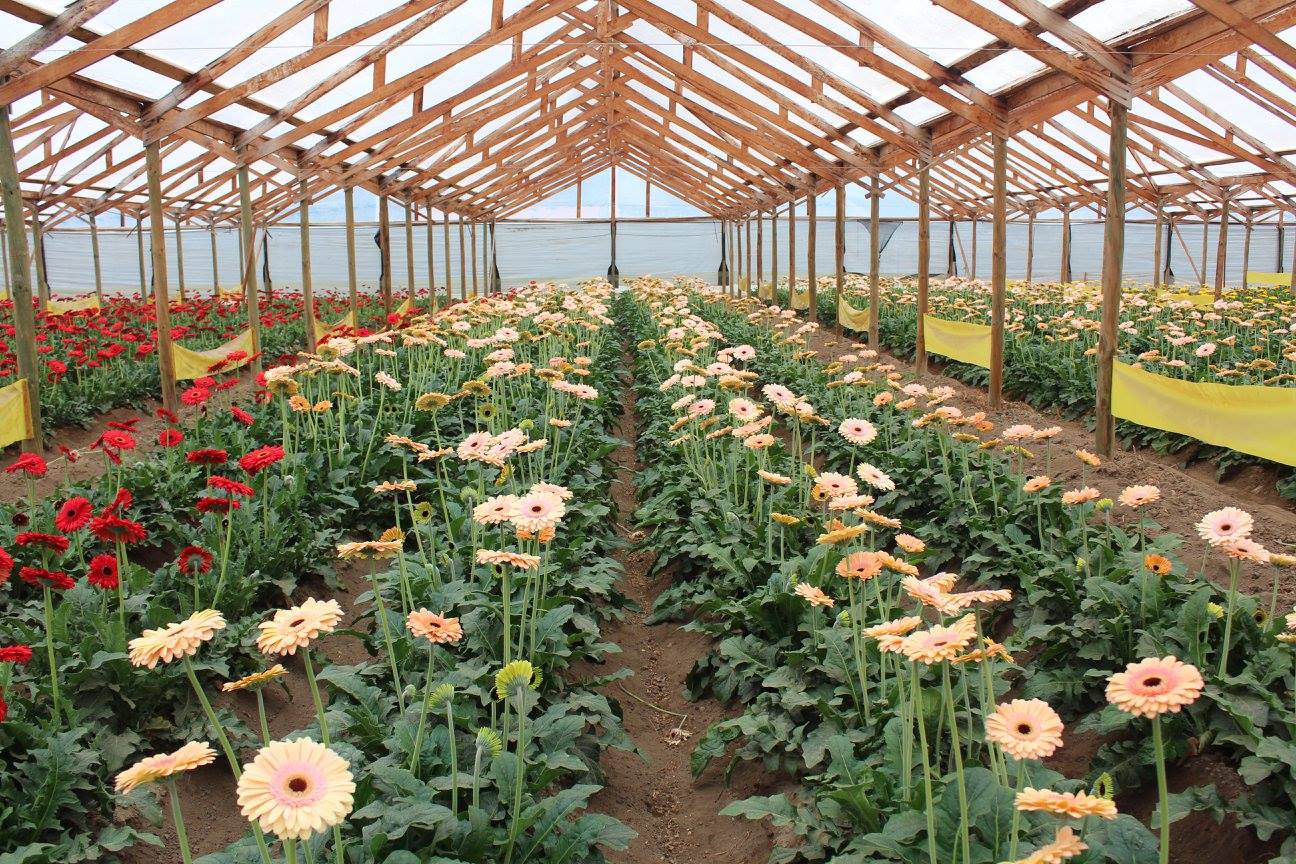
Improving Quality of Flowers
Chile
Súper Flor is a company in Chile dedicated to gerbera flower production for more than 16 years (at 2017). Applying EM Technology, they reached bigger flowers with vivid colors. Further, production increased in 45% while cost has been reduced in 75%. more
-
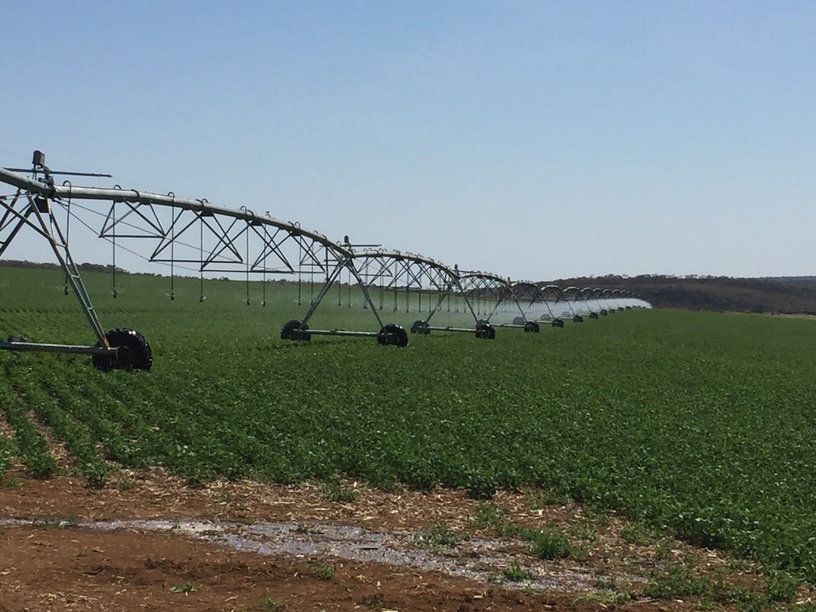
Healthy Garlic and Onions
Brazil
Tanabe Group Farm in Brazil has successfully introduced EM Technology to find a sustainable and biological way to fight resistance against herbicide, fungicide and insecticide. more
-
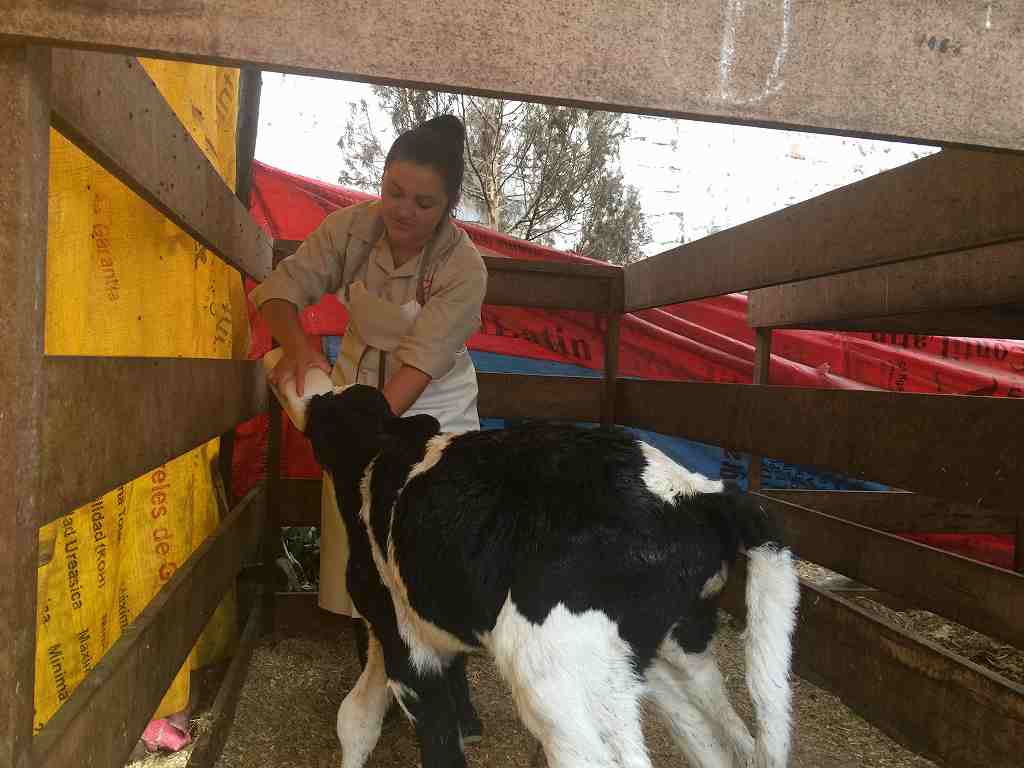
Sustainable Dairy Farm
Peru
This farm located in Huaral Province, Peru, has successfully created a perfect cyclic and sustainable system in dairy cow farming while growing corn and cotton for silage. See how! more
-
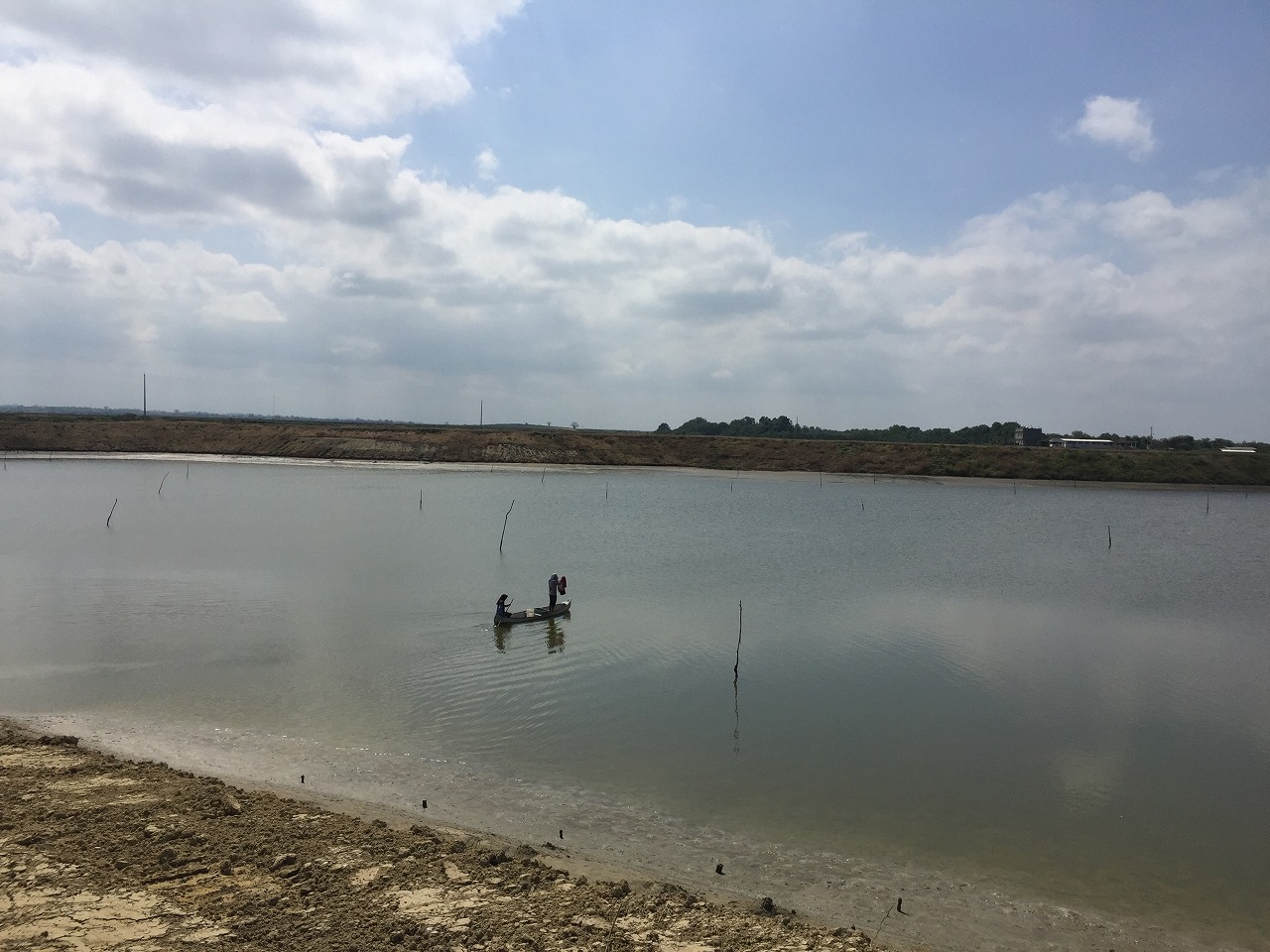
Improving Survival Rate in Shrimp Farming
Ecuador
Survival rate in shrimp farming is crucial .
EM Technology has successfully controlled survival rate in PESQUESOL, a shrimp farm in Ecuador, raising from 40% to 90-97%. more -

EM Bathing for Healing Mind and Body
Japan
An EM fermented bath is available in Ibaraki Prefecture to detox and cleanse your body. more
-
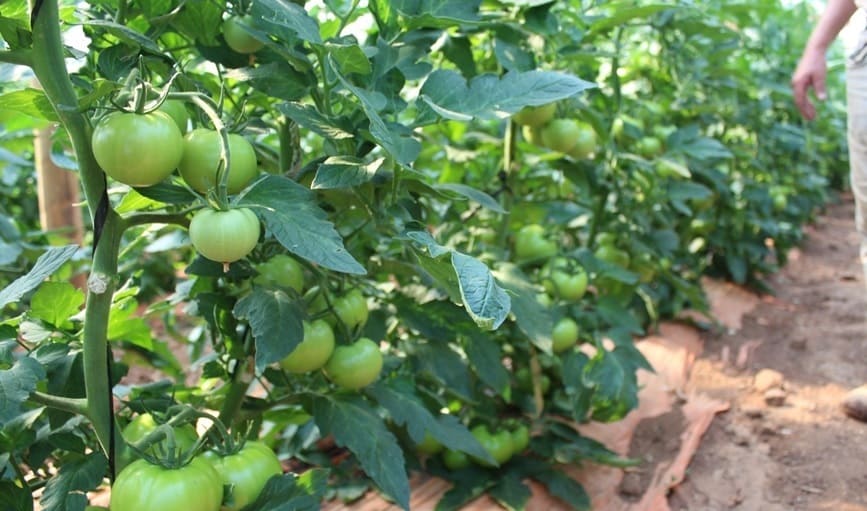
Fighting Nematode in Tomato Farming
Chile
Nematode,Fusarium and Phytophthora are disease becoming resistant year by year against nematocides and chemical products.See how this tomato farm found the solution. more
-
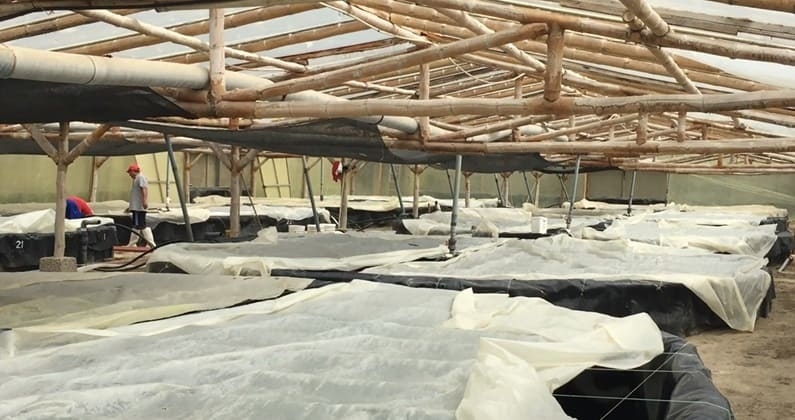
Organic Shrimp Larvae Hatchery
Ecuador
This shrimp larvae hatchery in Ecuador is granted with seven organic certifications and leading in shrimp export business for 40 years.
They are using EM Technology to control quality of water for growing shrimp larvae. more -
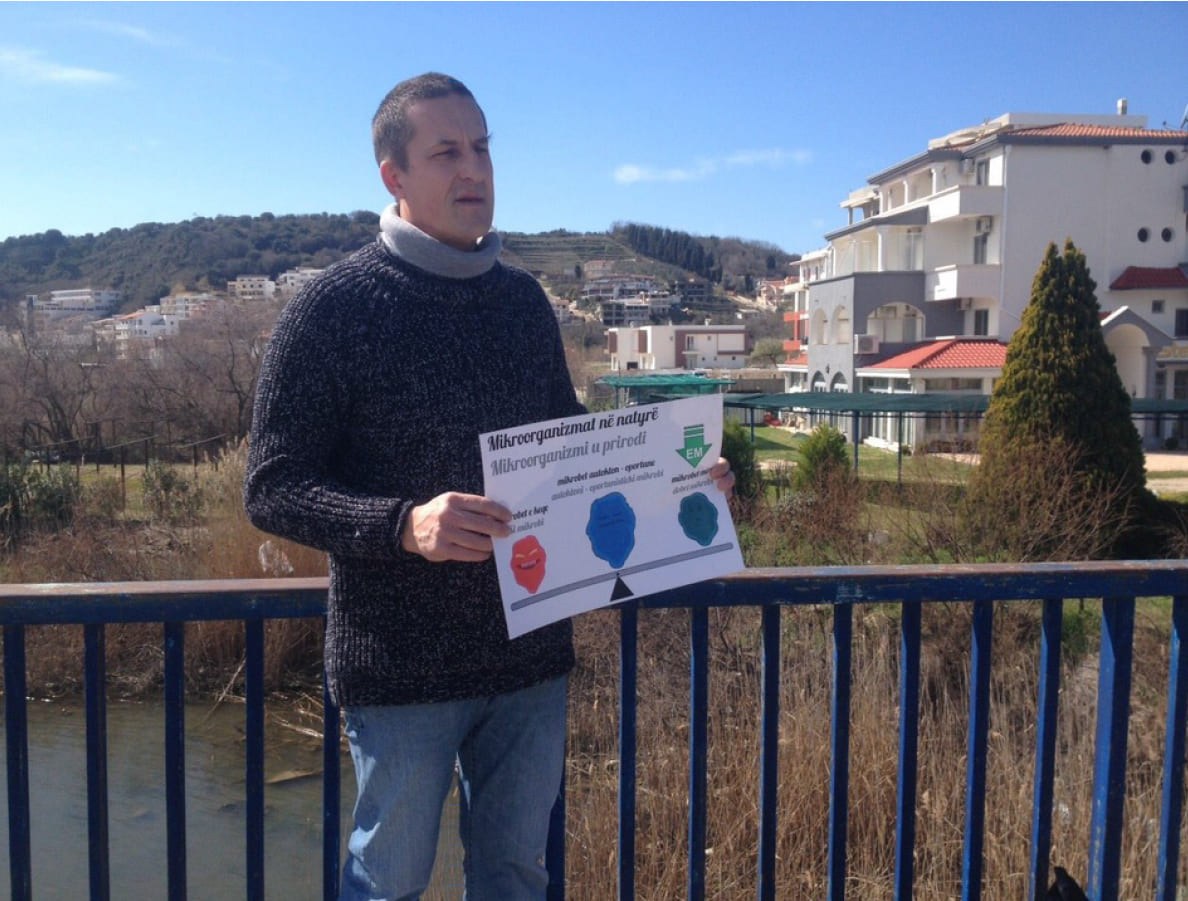
Local authorities are convinced with the effect of EM
Montenegro
A mudball event coordinated by a local EM distributor showed great results and attracted media's attention. more
-
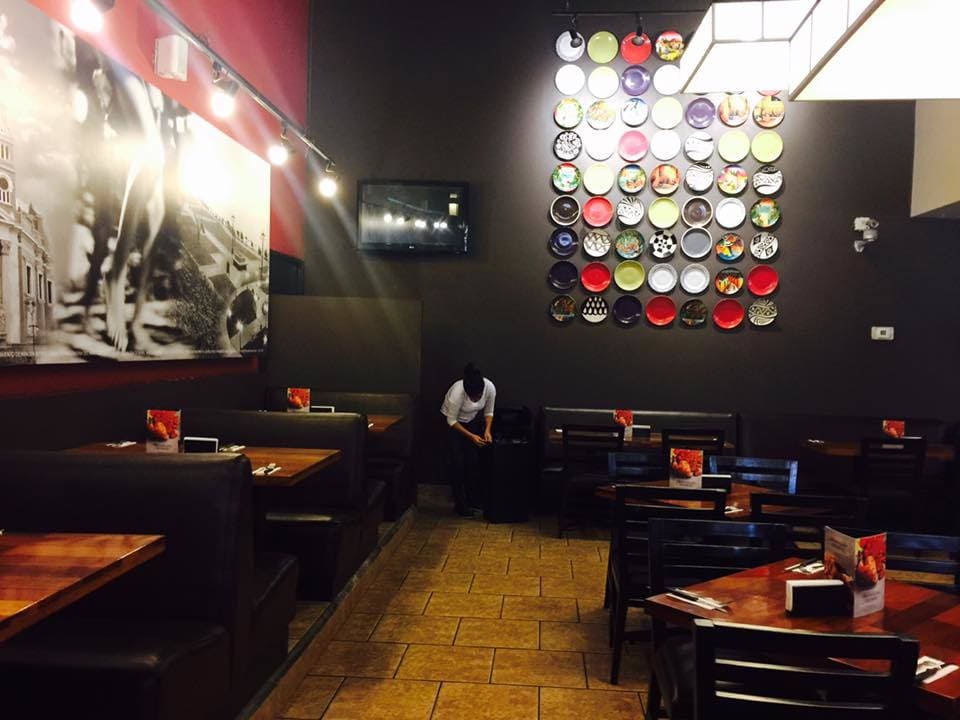
Environmental and Human Friendly Restaurant
Peru
Pardos Chicken is a chain restaurant in Peru popular for its delicious grilled chicken.They apply EM Techonology to treat their grease traps with excellent results. more
-
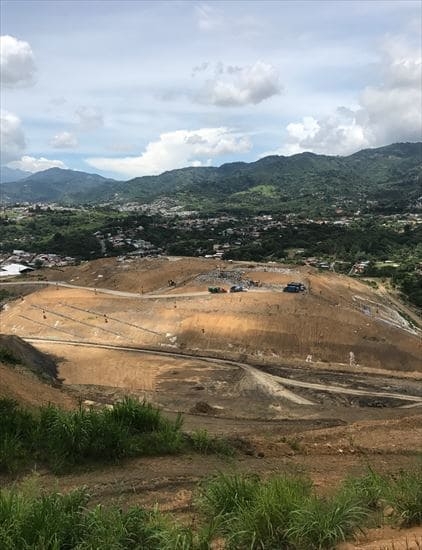
Odor and flies vanish from the landfill
Costa Rica
EM helps treat the residential waste in Aserri district in Costa Rica.
They apply EM treatment in the landfill as well as the waste water treatment facility. more -
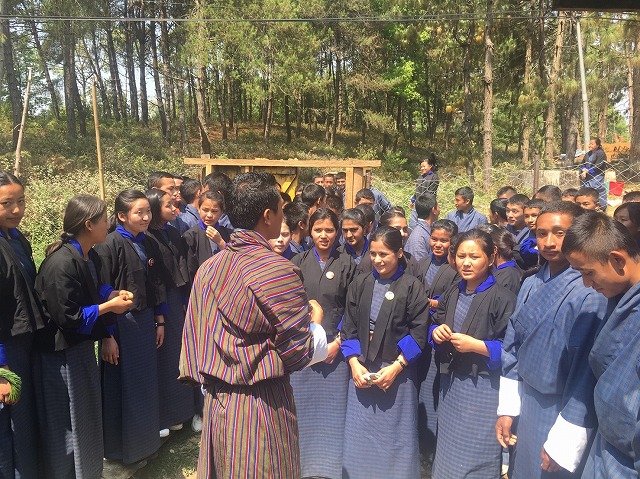
Students Participate in Kingdom's Agriculture II
Bhutan
Bhutan students learn on EM Technology for the School Agricultural Project.
Some schools are growing moringa trees and produce tea for sale and support education of children more